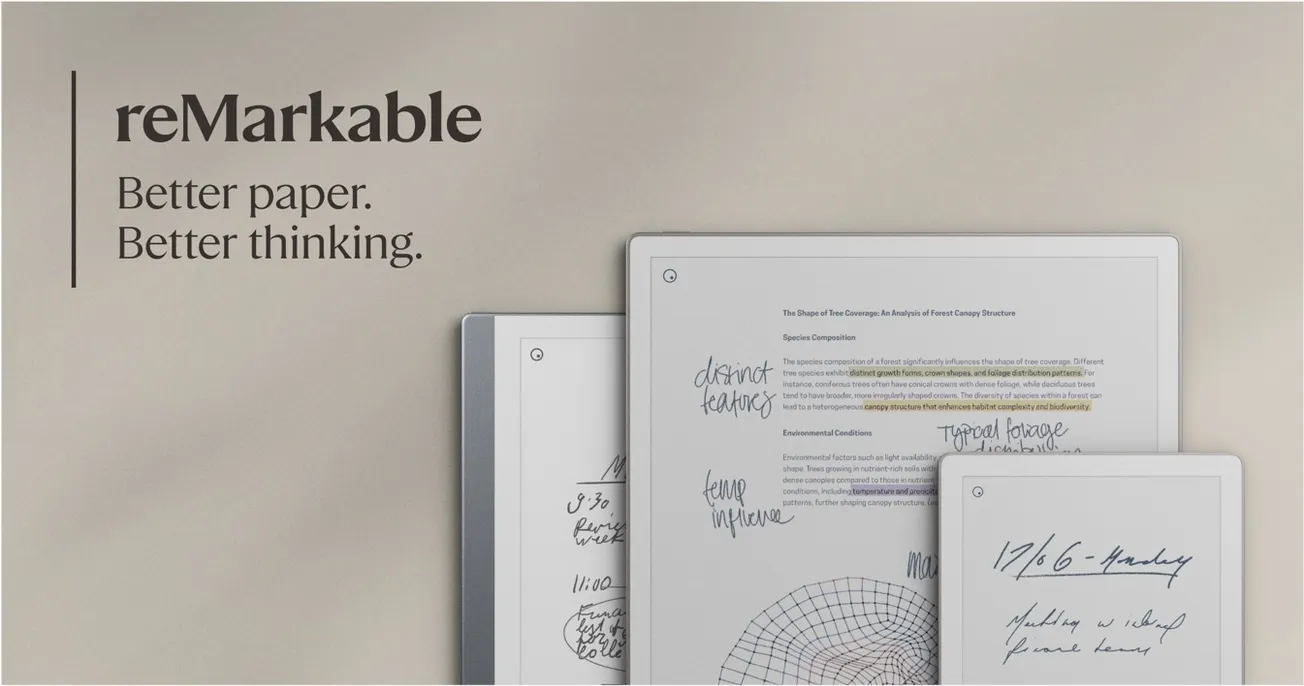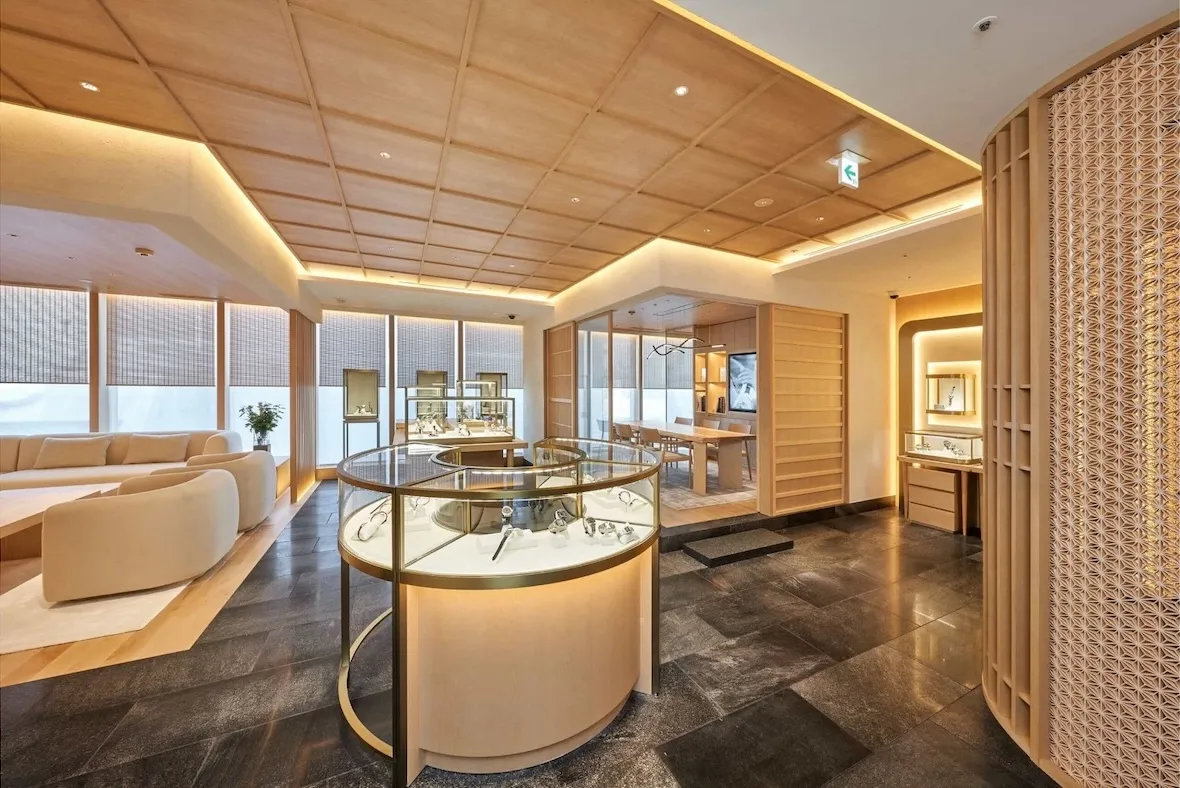Table of Contents
Disclaimer: Asian Century Stocks uses information sources believed to be reliable, but their accuracy cannot be guaranteed. The information contained in this publication is not intended to constitute individual investment advice and is not designed to meet your personal financial situation. The opinions expressed in such publications are those of the publisher and are subject to change without notice. You are advised to discuss your investment options with your financial advisers. Consult your financial adviser to understand whether any investment is suitable for your specific needs. I may, from time to time, have positions in the securities covered in the articles on this website. This is not a recommendation to buy or sell stocks.

Desmond Shum’s biography Red Roulette was a real eye-opener for me.
It’s a tell-it-all story of a corrupt businessman trying to make it big in Beijing. What makes the book so special is the amount of detail he provides about how business was done in Beijing in the 2000s.
For investors, the key takeaway from the book is that the political system is now changing in favour of state-owned enterprises (SOEs). The window of opportunity for private entrepreneurs to make it big in China might have closed. And that will have widespread ramifications for the future of the People’s Republic.
How to play “Red Roulette”
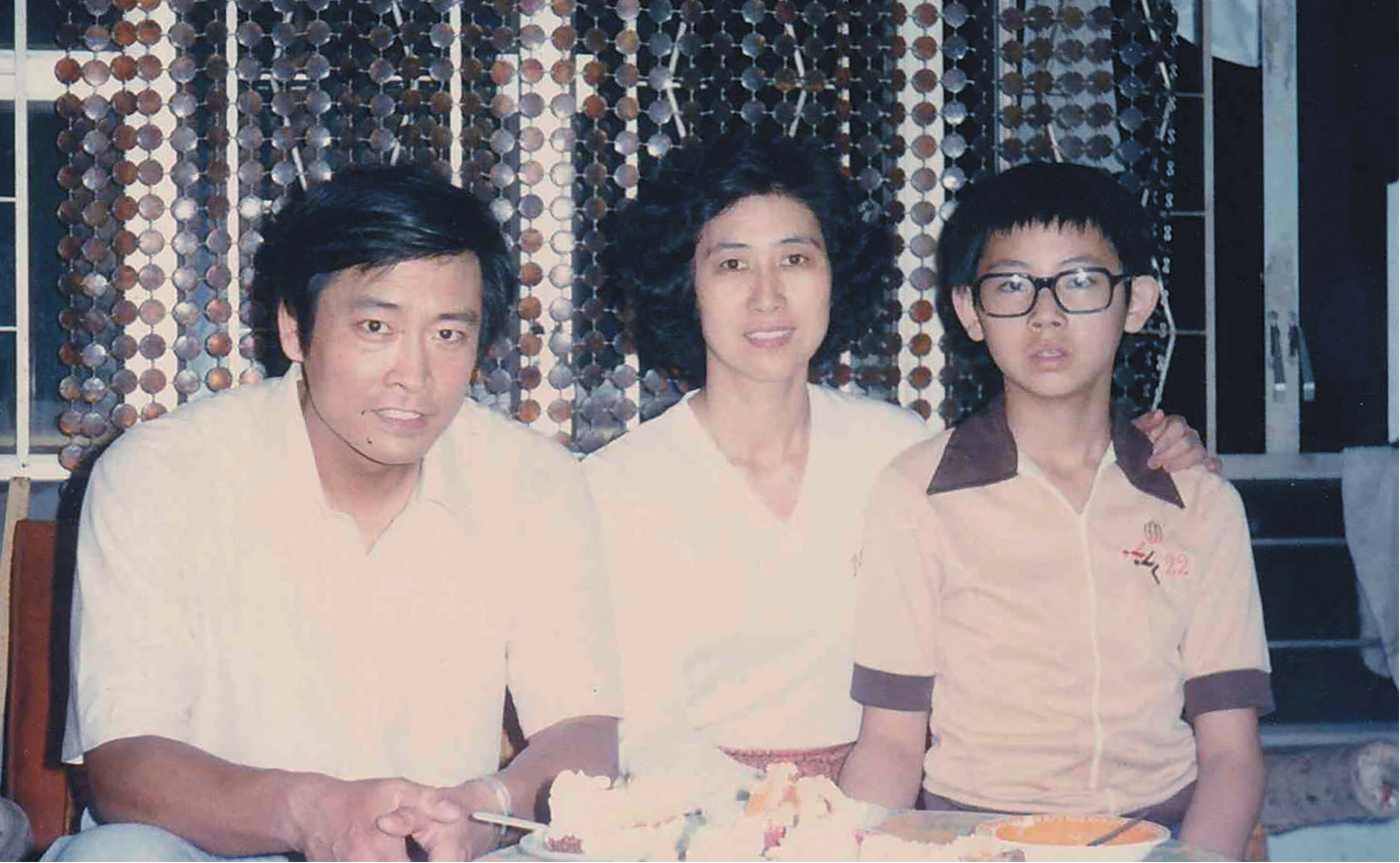
“Red Roulette” refers to gambling in red, Communist China.
Author Desmond Shum was born in Shanghai during the cultural revolution. He moved to Hong Kong after the country opened in the late 1970s and got a college degree in the United States.
Despite being offered a green card, he returned to Hong Kong to build a career there. That’s where he felt at home. After a short stint as a stockbroker, he joined the American private equity firm ChinaVest, which helped foreigners invest in Chinese companies.
A few years earlier, in the 1980s, the Chinese government had just started allowing private enterprises to form. Desmond’s employer ChinaVest played it safe, preferring to invest in foreign-owned companies that built manufacturing plants and distribution systems across the mainland.
Corruption was widespread. A trading company ChinaVest owned a stake in openly helped distributors smuggle goods across the border to China. Desmond recounts the story of Chinese naval officers offering his warship to help smuggle beers. Hong Kong was in the middle of this burgeoning trade, trying to satisfy the needs of a billion Chinese that were getting wealthier by the day.
In the late 1990s, Desmond moved to Beijing to set up a local office for ChinaVest. After some trials and tribulations, he met a young woman called Whitney Duan. He was smitten by her. Whitney and Desmond became a couple and eventually had a son.
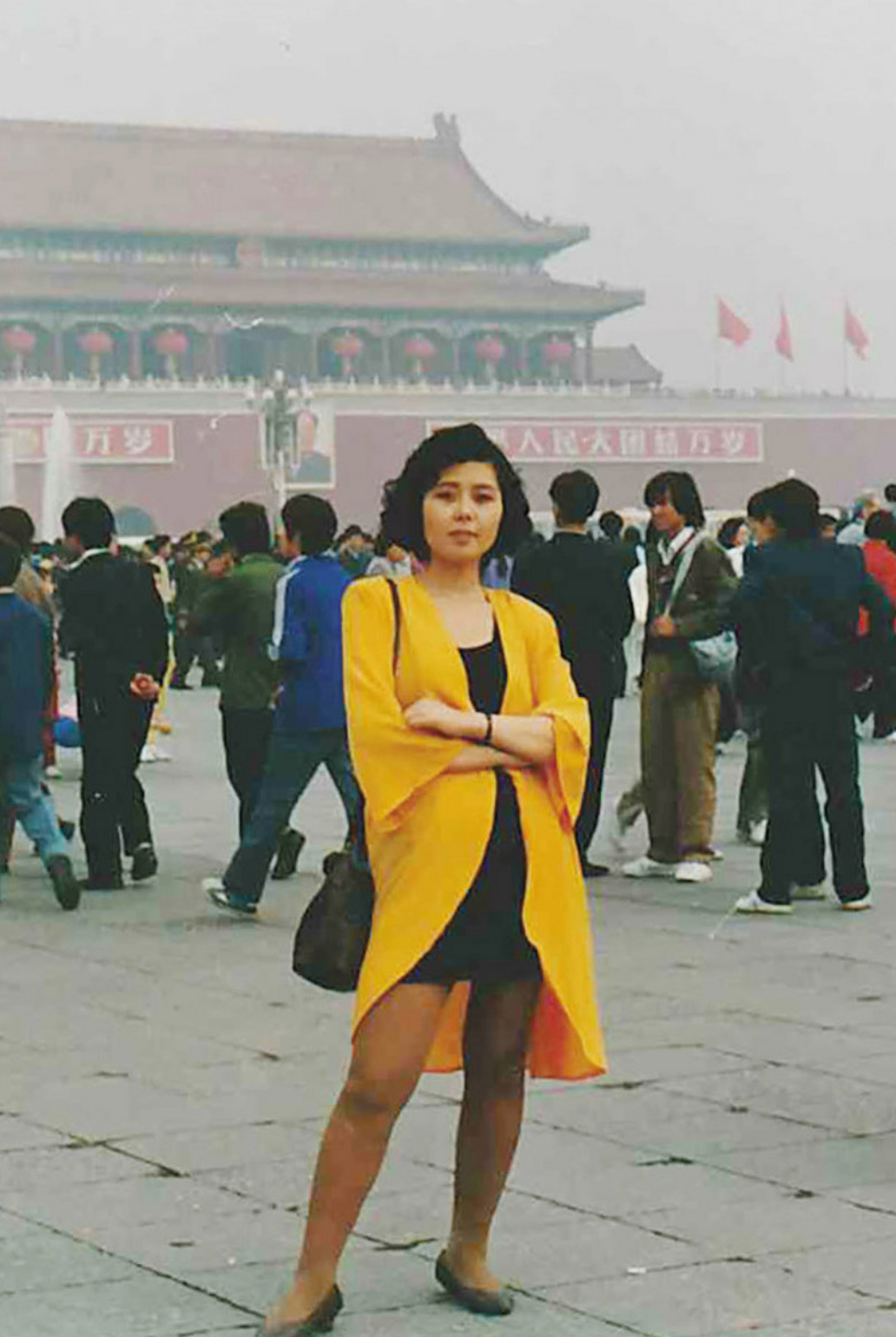
Whitney was an entrepreneur. And her secret sauce was identifying and cosying up to key decision-makers in the Chinese Communist Party.
Her first job was as an assistant to a real estate development company run by the People’s Liberation Army. She formed a personal JV with the company to acquire land from the government, then developed a few properties with great success.
After gaining a few million dollars in net worth, she yearned for more. So she moved to Beijing and tried to join the big leagues.
That’s where she eventually got to know the wife of then-vice president Wen Jiabao (温家宝), Auntie Zhang (colloquially known as “Zhang ayi” or 张阿姨). Whitney knew Wen was next in line to become China’s premier, so she eventually cultivated a relationship with the family to eventually profit from it.
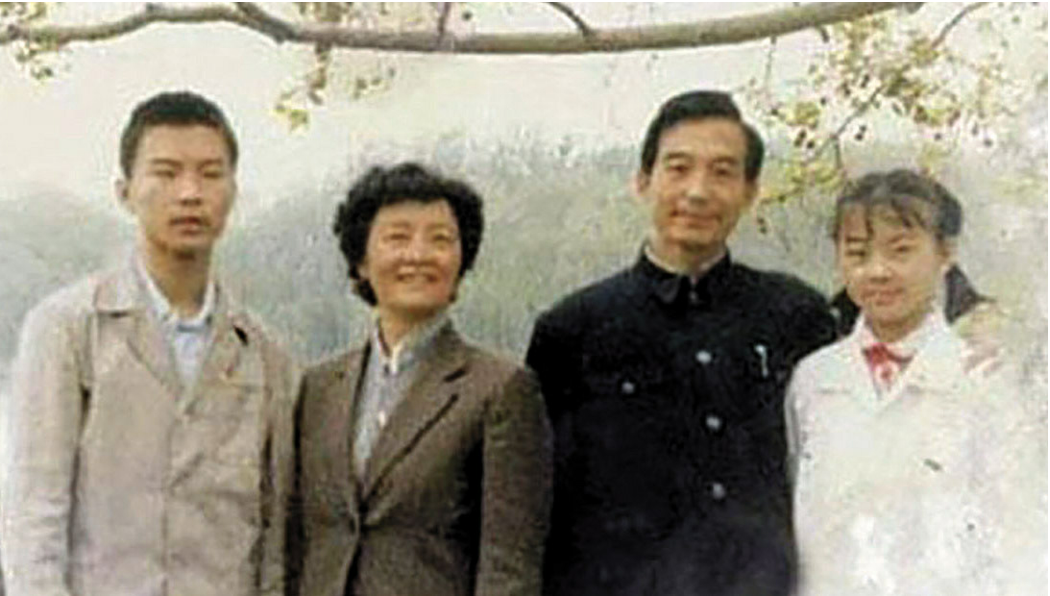
Wen Jiabao wasn’t involved in business himself. He was a serious politician. But behind his back, his family used his connections to make money in various ways. For example, Auntie Zhang was involved in the gemstone business. Wen Jiabao’s son Winston Wen founded the private firm New Horizon Capital. Wen Jiabao’s daughter Lily Wen owned a consulting business that offered access to his father.
Eventually, Whitney would form a verbal agreement that Auntie Zhang would get 30% of any profit from joint enterprises, with Whitney and the other partners getting 70%. And Auntie Zhang didn’t even need to invest 30%, as other businessmen were often more than willing to lend her money for any investment.
Whitney’s first deal was offering the Wen family to invest in 2% of insurance company Ping An before its IPO. People’s Liberation Army-linked company COSCO had a stake in it. The executive running the company figured it might be worth getting on the good side of the premier’s family. Whitney and Desmond also invested in 1% of Ping An for US$12 million, funded by a bridge loan from a state-owned pharmaceutical company.
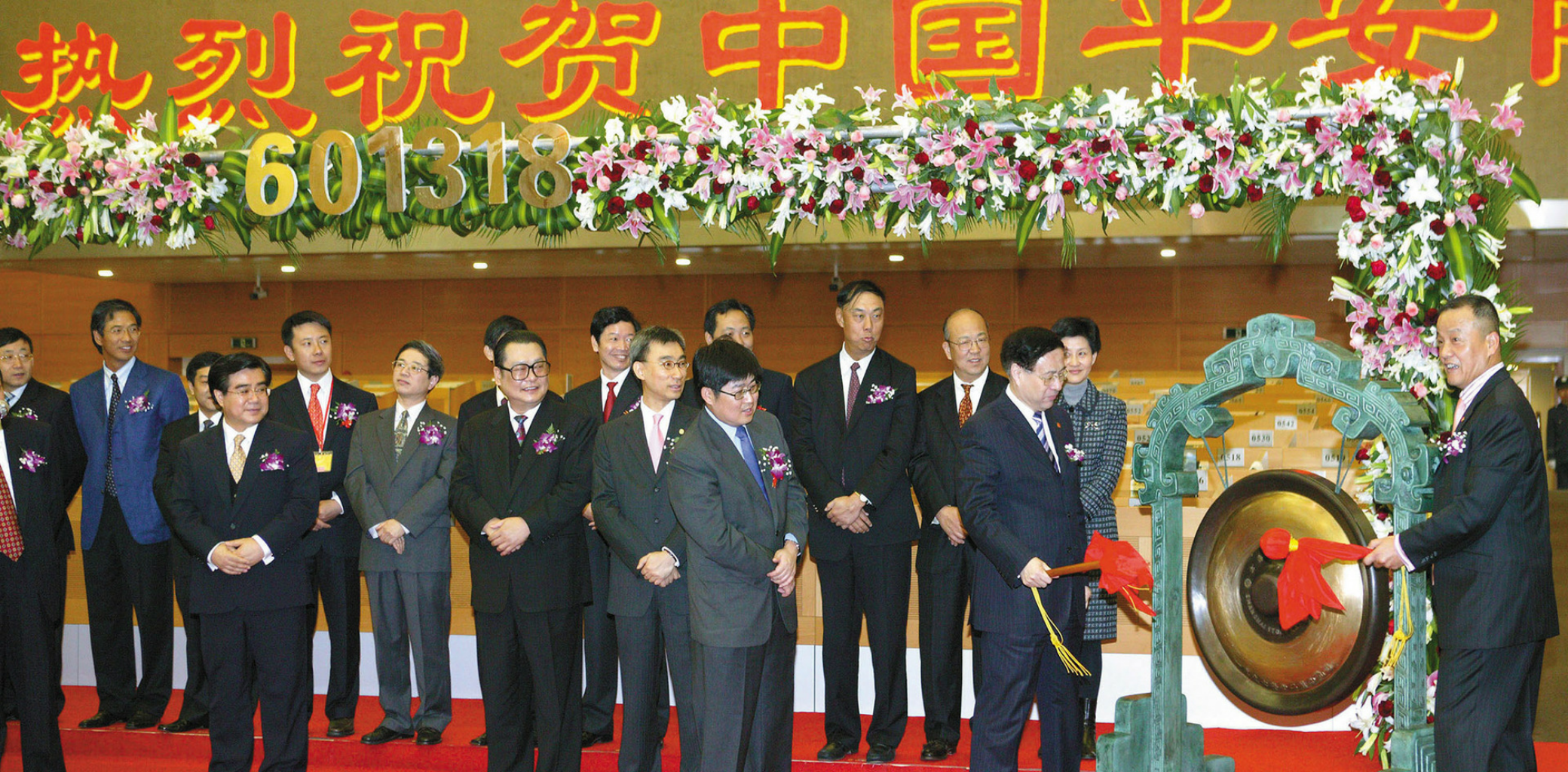
When Ping An listed in Hong Kong in 2004, the share price jumped 8x what they had paid for it. Whitney and Desmond were worth over US$100 million.
And now they upped the ante. The next deal was to build a logistics centre at the upcoming Beijing Capital International Airport, to be unveiled in time for the 2008 Beijing Olympics.
A district Communist Party leader had learnt that Whitney was close to the Wen family, so he gifted valuable land next to the airport to a joint venture between Auntie Zhang, Whitney and state-owned enterprises.
This was a normal set-up, joint ventures between state-owned enterprises and red aristocrats - party officials or second-generation revolutionaries. Part of the reason red aristocrats were needed was to gain approval. Every decision to build an airport required signatures from at least seven ministries. Without the weight of a senior Communist Party official, nothing would get done.
Whitney and Desmond’s job was to oversee the project. They would curry favours with officials, buying them nice watches, golf clubs, aged Moutai rice wine and so on. Everyone needed to get in line.
The airport logistics centre project started with an initial investment of US$30 million, of which US$16 million came from the Wen group. Most of it is funded by loans from state-owned enterprises.
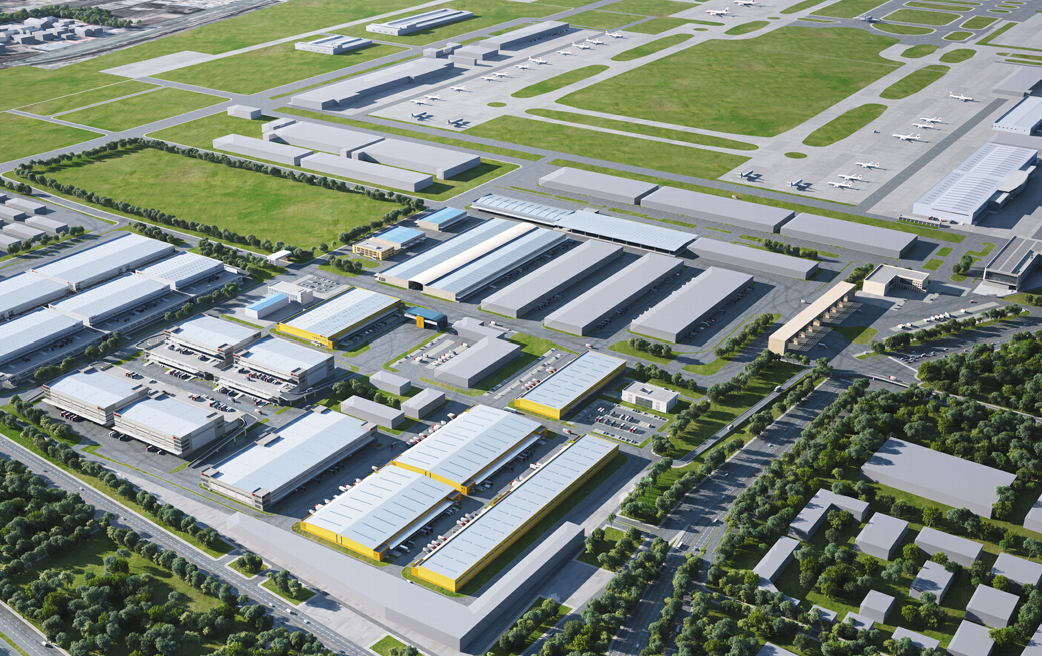
As the 2000s progressed, Whitney and Desmond got involved with more deals, all related to their connection with Auntie Zhang.
When the Bank of China needed State Council approval to fast-track its IPO, they contacted Whitney. She helped them make sure Wen made the call to make it happen. And she was then personally given the opportunity to buy 3 million shares just before the IPO. On the first day of trading, the stock went up another 15%, and she made another small fortune.
With greater wealth came greater spending. In Hong Kong, Whitney bought a pink diamond for US$15 million. They bought a Rolls-Royce Phantom with a ministry-rank license plate to drive around Beijing. And for Desmond’s 40th birthday, she got him a custom-made FP Journe watch worth half a million Euros.
Whitney also got into art, sponsoring the rise of artist Zeng Fanzhi. She went to auctions where she competed to buy his paintings, paying as much as US$5 million apiece.
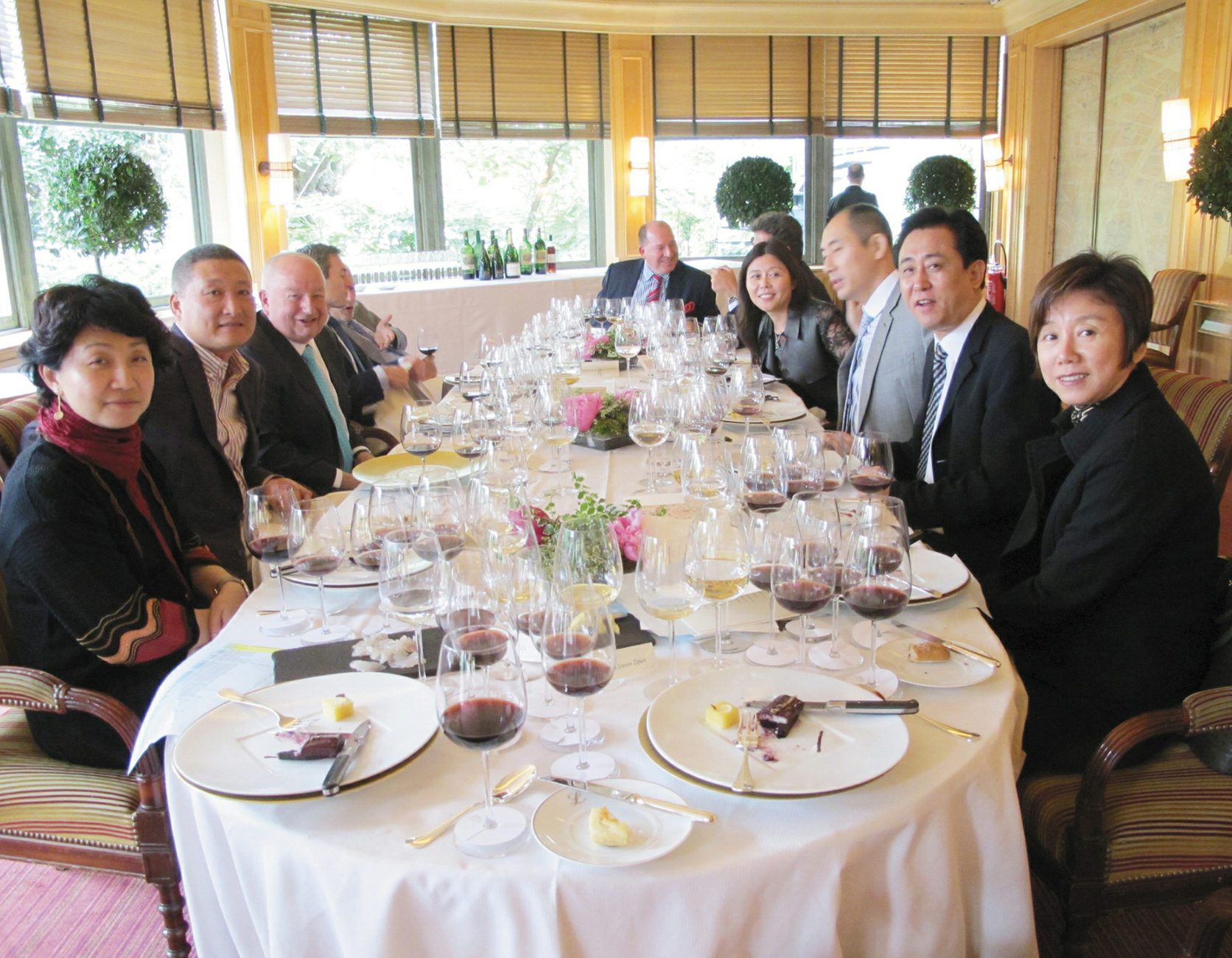
Desmond recalls bringing a group of influential people to a European wine tour, including Xu Jiayin, CEO of Evergrande Group. Xu played a similar game, typically offering people outrageously expensive gifts. With Whitney, he tried to give her a million-dollar diamond ring.
As the couple became wealthy, they started bickering more. Whitney started disrespecting him in public, and her competitive nature led to many arguments. This combative relationship eventually led to their split.
In 2012, the New York Times published a front-page article about the wealth of Wen Jiabao. Auntie Zhang had transferred ownership of her shares in Ping An to her mother-in-law, creating a paper trail the journalists could follow. She had no choice but to shut down any side businesses she had had with Whitney and Desmond.
And after divorcing Whitney, Desmond moved to London in 2015 to seek safety for himself and his son. He got out just in time.
After Xi Jinping came to power in 2012, getting capital out of China became a lot more difficult. An anti-corruption campaign was launched to go after Communist Party and government officials that had used their positions to enrich themselves. By 2020, authorities had investigated 2.7 million officials for corruption and punished more than 1.5 million.
The whereabouts of Whitney remains unknown. During one trip to Beijing in 2017, Whitney let it slip that Party authorities had banned her from leaving the country.
The high-stakes game of Red Roulette was finally over.
Takeaway #1: Corruption was widespread
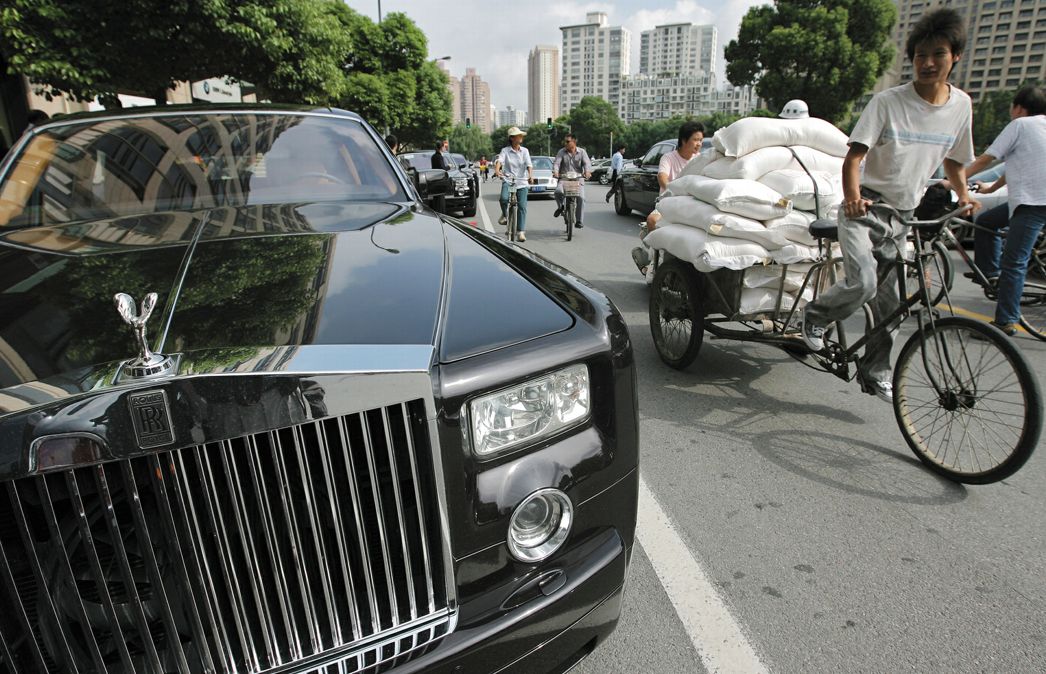
The first lesson from the book is that corruption was widespread in 2000s Beijing. Access to government officials was used to obtain loans from banks and state-owned enterprises. And such access was also used to get cheap land from local governments.
The rule of law was not clearly defined. After private enterprises were allowed to flourish from the 1980s onwards, old laws became outdated. But when new laws were created, the government intentionally included grey areas that gave the Party power to target anybody deemed a threat. Those grey areas could be translated into money.
For example, the contract to provide mineral water to China’s high-speed rail went to relatives of Deng Xiaoping. The family of China’s President Jiang Zemin secured a license to sell duty-free products at Beijing Capital International Airport.
Takeaway #2: The state has reasserted control
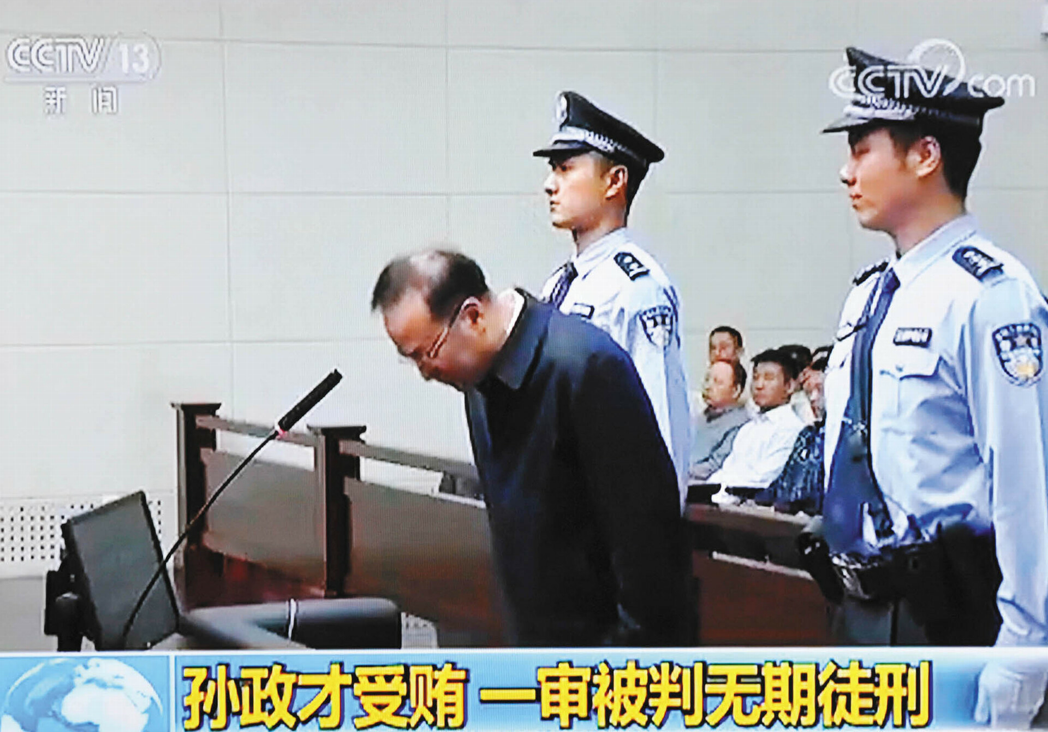
The rise of Xi Jinping and Communist Party hardliners from 2007 onwards marked a shift away from private enterprises. The type of corruption detailed in Desmond Shum’s book is becoming less prevalent. Government officials have become more cautious.
That’s surely positive from a certain perspective. But simultaneously, you could argue that bribes can be used as “grease” in the system - to make deals happen.
For example, in Desmond’s airport logistics centre project, meetings had previously been done with only five individuals attending. But after a corruption crackdown in 2008, dozens of representatives were sent by the airport to each meeting. And they all had differing opinions. Nothing got done.
Collective decision-making is becoming the norm across the Chinese economy. The new buzzword has become "state-owned enterprises march forward, private enterprises retreat” (国进民退). SOEs now receive the majority of bank loans. And Desmond claims that state-owned firms have started to carry out forced mergers with private enterprises.
Other than slow decision-making, incentive structure can also be perverse in other ways. SOEs will typically try to meet targets set through key performance indicators (KPIs). But will state-owned enterprises innovate and exceed expectations beyond what’s required through these KPIs?
Desmond was a creation of the old system. And he’s understandably cynical of the changes taking place.
He believes the 2004 election of opposition leader Chen Shui-bian in Taiwan shook the Communist Party to its core, seeing Taiwan’s democratisation process as a roadmap to political reform. That the Communist Party felt its monopoly on power could be threatened and therefore decided to crack down on private enterprises.
Perhaps China’s honeymoon with private entrepreneurs was a Leninist tactic to “divide the enemy to annihilate it”. In Desmond’s own words:
“Ever since it had seized power in 1949, the Chinese Communist Party had used elements of society when it needed them and discarded them when it was done.”
China today is very different from what it was in the pre-Xi Jinping era. Practically every private company has now been forced to establish Communist Party Committees, which interfere in management decisions.
So while entrepreneurs might appear rich on paper, they remain servants of their masters in the Chinese Communist Party.

Enjoyed this post? Consider a free trial, giving you instant access to deep-dive reports, thoughtful commentary and access to my Asia-focused portfolio:





